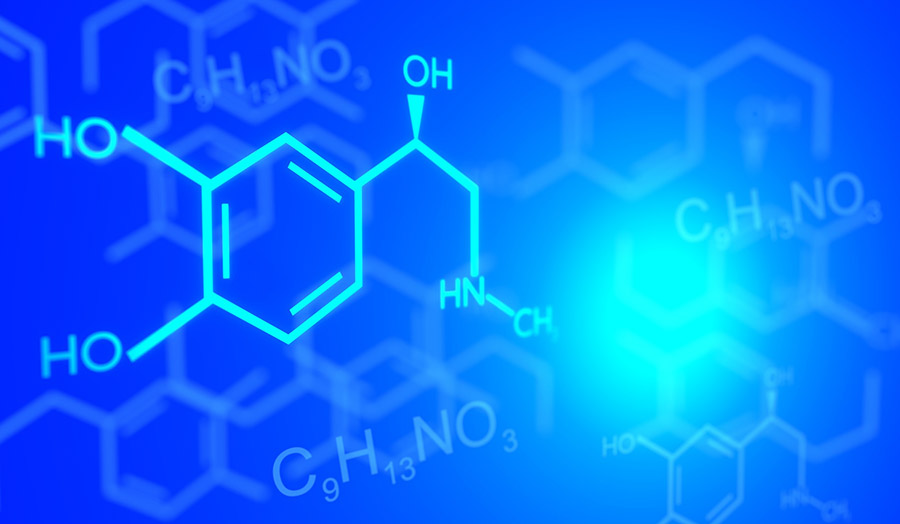London Met scientists believe that they have found more efficient means of creating compounds to help with neurodegenerative diseases.
Date: 22 November 2019
Researchers at London Met have discovered a more efficient process in creating compounds used in drugs used to create cancer and malaria medicines, which also has the potential to slow down the effects of Alzheimer’s and Parkinson’s.
The team, led by Dr Bhaven Patel course leader for Pharmaceutical Sciences BSc, were trying to find more efficient methods of making biologically active heterocycles. The current methods to create these compounds require high temperatures and make use of metals, leading to moderate yields (the amount of product obtained) and, in most cases, require the use of toxic reagents.
The methods laid out by Dr Patel and the two undergraduate students use no metals, require lower temperatures, and the yields are above 82%, making the whole process more efficient.
Dr Patel is a member of the Molecular Systems for Health Research Group. Director Dr Ken White commented: “Bhaven has developed an innovative and efficient method for making novel compounds that have potential as treatments for a variety of diseases, including cancer and neurological diseases.
“As part of a collaboration across Chemistry and Biology disciplines in the School of Human Sciences, the work has been continued by another London Met undergraduate, who has tested more than 20 of these compounds in a preliminary screening for their potential for treating Alzheimer’s disease and is being prepared for publication.”
Help from future chemists
Dr Patel was helped by two students, Pia Allan, a Biochemistry BSc graduate, and Martyna Ostrowska, a Chemistry BSc graduate who have found jobs within the industry from this research.
Dr Patel said: “The research that has taken place adds to the current literature in this field and is great to showcase this work has been done with undergraduate researchers at London Met through unpaid summer placements in the superlab.
“We are proud to publish this work and to be nominated in an international journal, with the help of undergraduate researchers. Both Pia and Martyna have graduated with First class degrees and been able to use this experience to go and work in industry and study for a masters degree.”
The paper has been published by Synlett and has been placed into the journal’s Best Paper Awards. The winner will be announced in January 2020.

